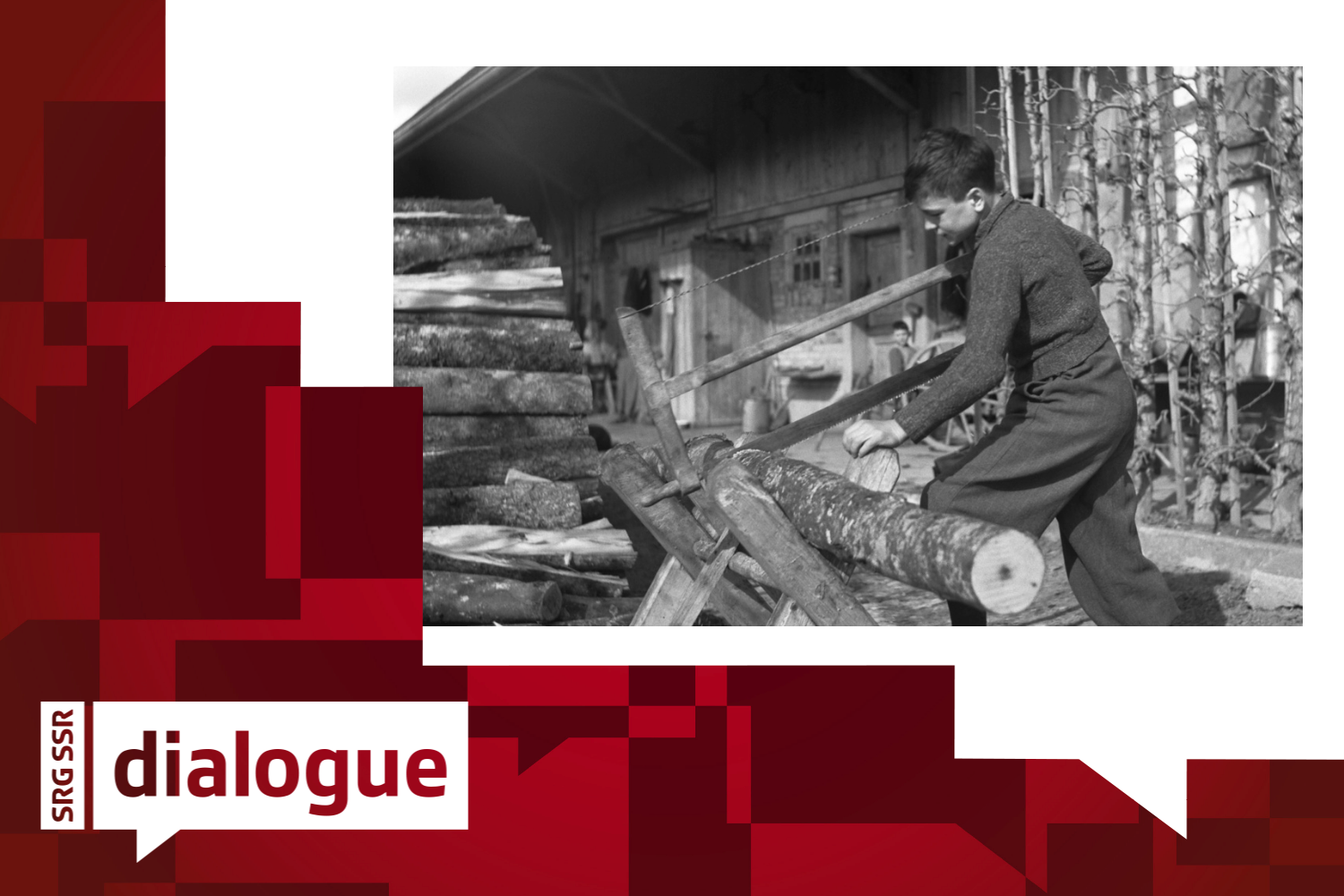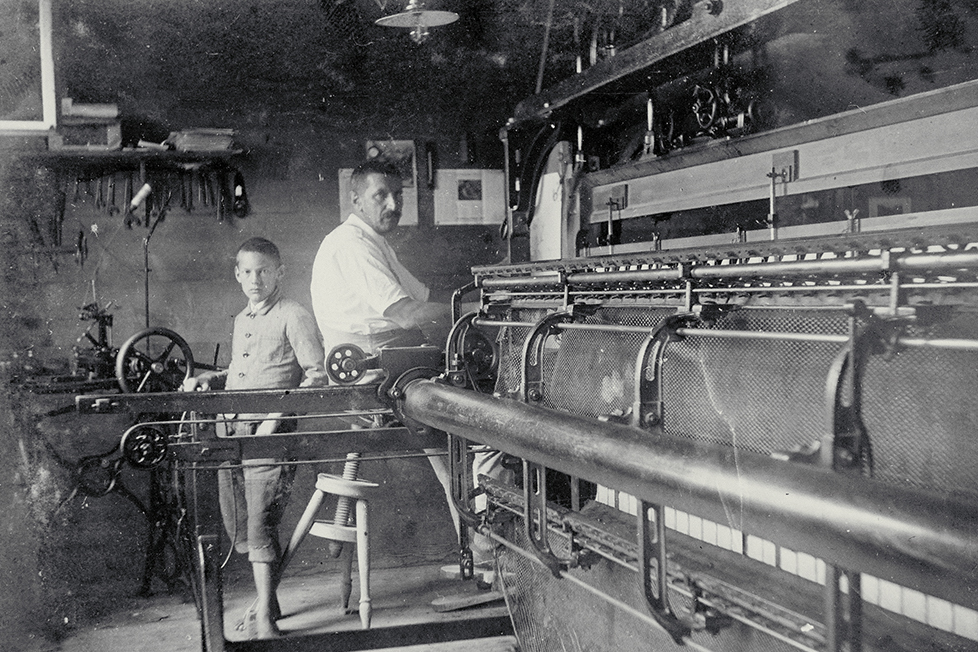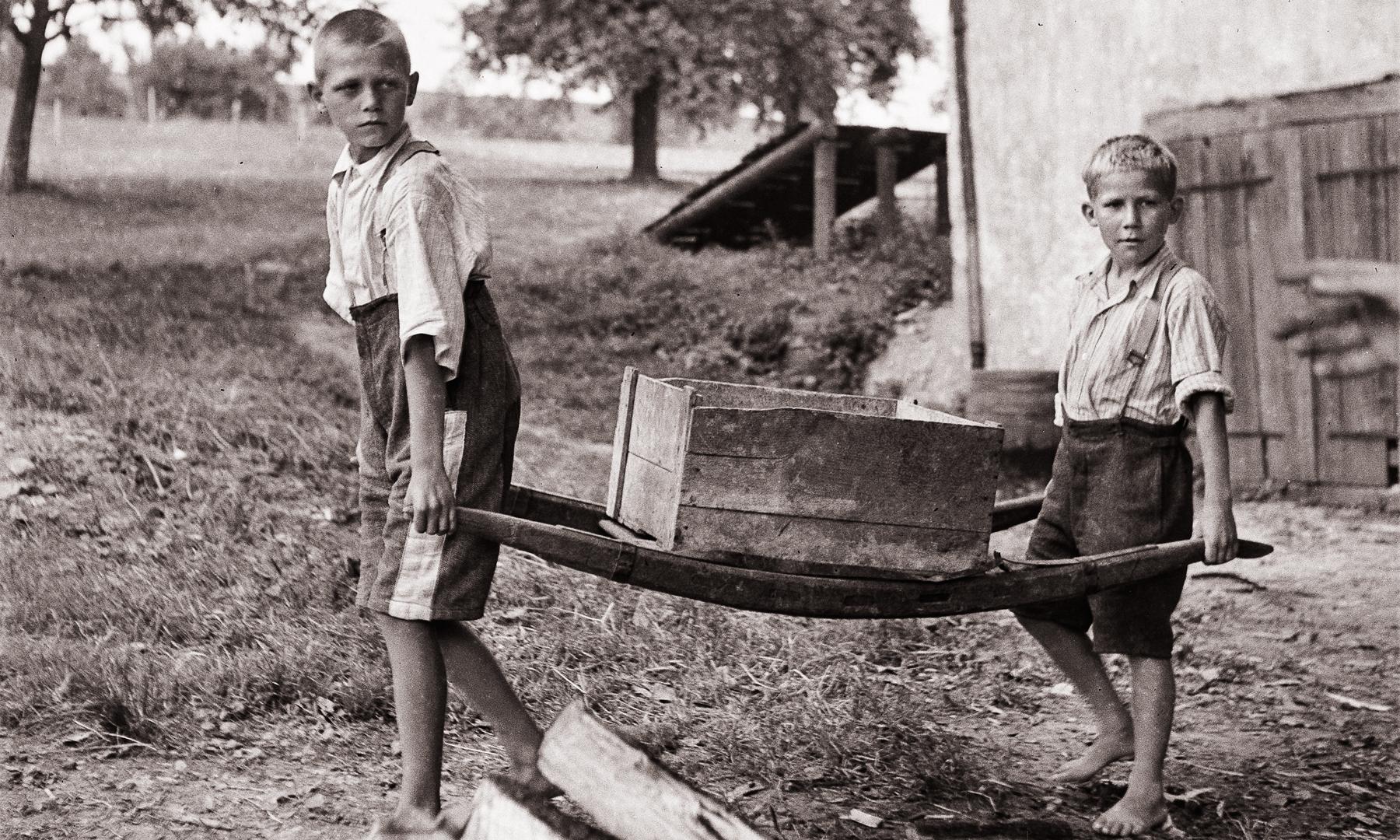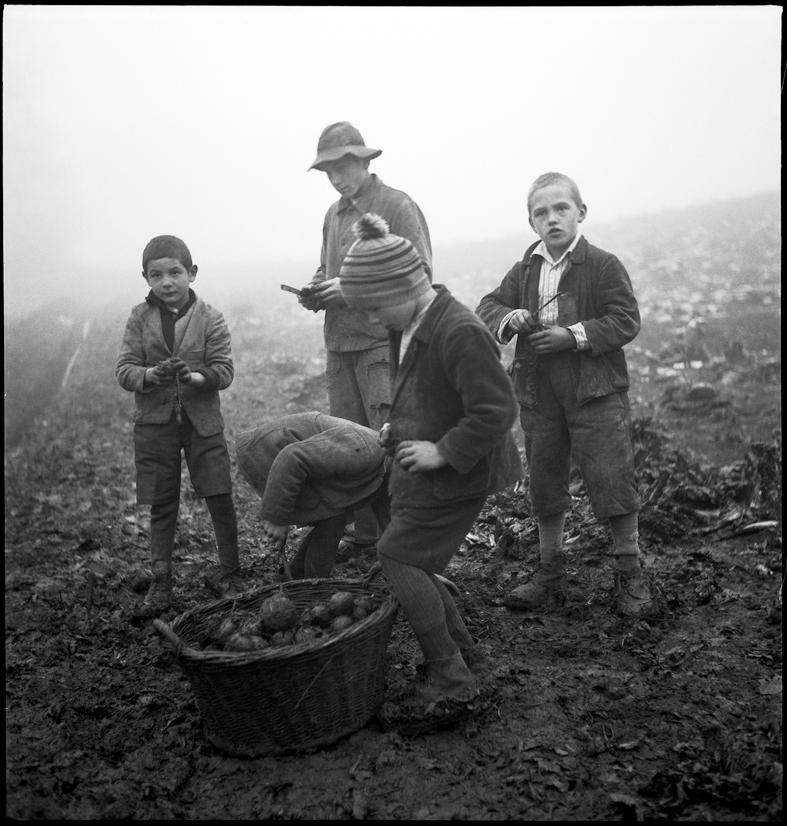Is Switzerland doing enough for victims of compulsory social measures?

A recent study looks at Switzerland's dark history of compulsory social measures. At the same time, the study has analysed the current situation and concludes that the rights of people in precarious situations are sometimes disregarded in the Swiss social welfare system.
“There is still a lot to do.” This is the brief conclusion from the report of the National Research Programme “Welfare and coercion”.
+Coercion still an issue in Swiss welfare system, report finds
The programme commissioned by the federal government comes to the conclusion that although improvements have been made in many areas, a great deal still needs to be done. Particularly with regard to the participation of the people who were affected by compulsory social measures and forced placements.
Violence officially recognised by the Confederation
While the exact number cannot be determined, several hundred thousand people were affected by compulsory social measures and forced placements in the 20th century. Many were victims of mistreatment, abuse and economic exploitation.
Compare yourself with others on questions relating to this topic:
Since the Federal Council’s apology in April 2013, the suffering inflicted on the victims has been recognised. A compensation fund of CHF300 million ($330 million) has been set up by the Confederation.
In 2017 the Confederation also entrusted the Swiss National Science Foundation (SNSF) with a budget of CHF18 million and the task of analysing the historical understanding of this dark history.
The Caregiver project: support for victims of compulsory social measures in Bern
Canton Bern stands out for its high number of former children and individuals who were victims of compulsory social measures.
The Caregiver project offers an online platform where victims of compulsory social measures can get help from people who have been through similar experiences and who can support them in dealing with the emotional and practical challenges of old age.
Listen to the following broadcast by Swiss public radio, SRF, on the Caregiver project:
Temporal discrimination: the case of forced internment after 1981
Samanta tells Italian-speaking Swiss public television, RSI, her story. She speaks of the suffering and abuse she endured during forced placement in the 1990s. Today, she is fighting for the authorities to recognise what she had to go through.
Swiss legislation excludes victims after 1981 from any compensation, because forced placements in Switzerland “officially” ended that year, according to the law.
Learn more about Samanta’s case:
Forgotten by Happiness: an exhibition about compulsory social measures
Between 2020 and 2021, the exhibition Forgotten by Happiness shed a harsh light on this dark chapter in Swiss history. Romansh-speaking Swiss public television, RTR, took a closer look at this unique exhibition.
Watch the RTR broadcast for an insight in the exhibition:
Testimonies from Switzerland’s mistreated children
Before 1981, some 100,000 children living in poverty in Switzerland were forcibly placed in families or institutions.
In recent years, more and more victims have breached the wall of shame to seek compensation. In 2014, SWI swissinfo.ch collected four testimonies that speak volumes about the tragedy of forced placement.
+Enduring pain of Switzerland’s mistreated children
Adapted from French by Claire Micallef/amva

More
Newsletters

In compliance with the JTI standards
More: SWI swissinfo.ch certified by the Journalism Trust Initiative






You can find an overview of ongoing debates with our journalists here . Please join us!
If you want to start a conversation about a topic raised in this article or want to report factual errors, email us at english@swissinfo.ch.